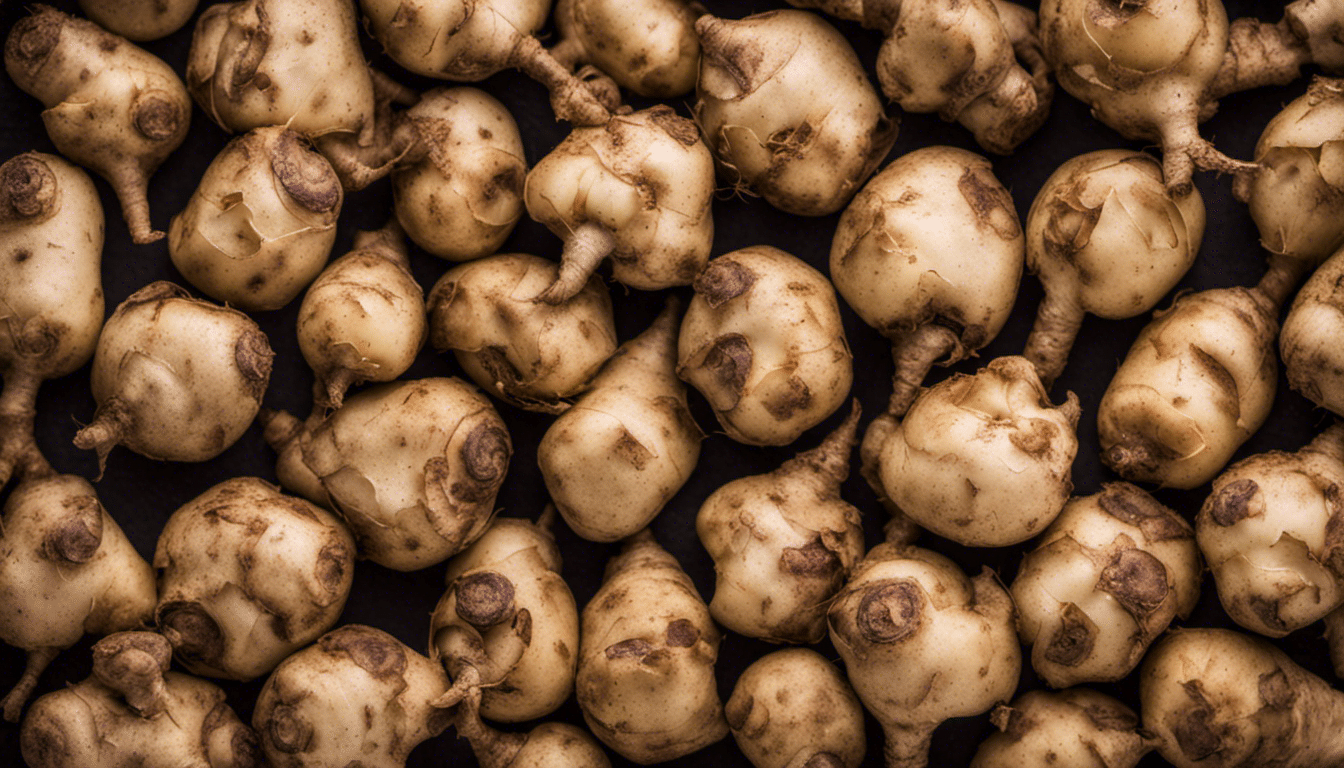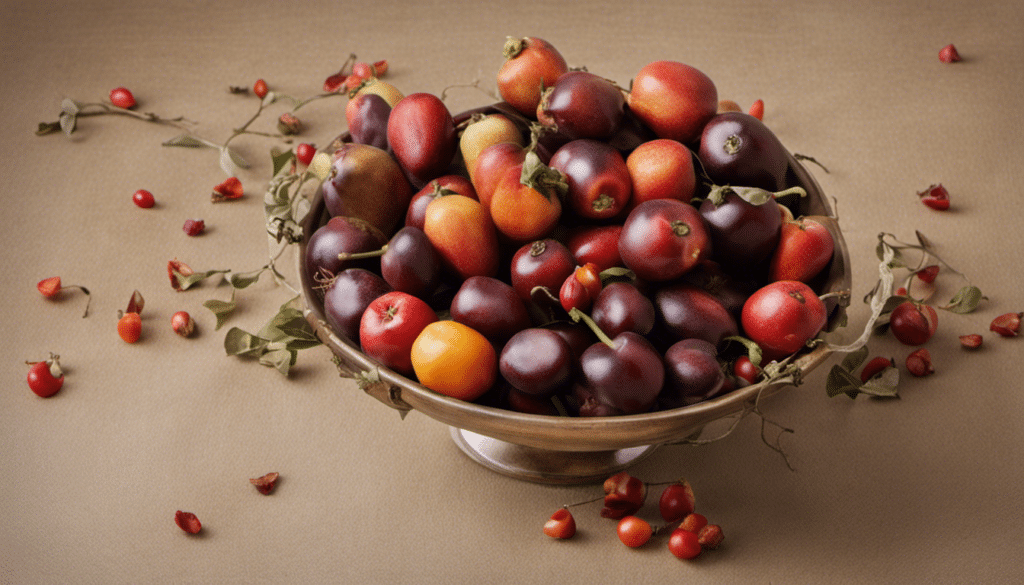All About Jerusalem artichokes
One of the unique root vegetables out there, the Jerusalem artichoke, also known as a sunchoke, isn’t nearly as widely recognized as its counterparts like potatoes, sweet potatoes, or carrots. But this humble tuber has a great deal to offer, both in terms of taste and nutritional value and it’s well-deserving of a deeper dive.
A Little Background on the Jerusalem Artichoke
Despite its name, the Jerusalem artichoke has no connection to Jerusalem nor is it an artichoke. This tuber actually hails from North America and it belongs to the sunflower family. They were cultivated by Native Americans long before European settlers arrived. The name “Jerusalem” is likely a corruption of the Italian word “girasole,” which means sunflower.
They have a somewhat similar flavor to artichokes, hence the artichoke part of their name. Jerusalem artichokes have a sweet, nutty flavor and a crisp texture when raw, but they become more starchy and potato-like when cooked. They are versatile and can be used in a variety of culinary applications, from soups to salads to roasted side dishes. (source)
Nutritional Value and Health Benefits
Jerusalem artichokes offer a wealth of health benefits. They’re low in calories and fat and are cholesterol-free. They’re also a good source of dietary fiber, which aids digestion and contributes to feelings of fullness. They contain significant amounts of potassium, which helps regulate body fluids and contributes to heart health. They’re also high in iron, which is necessary for the production of red blood cells, and vitamin C, which supports immune health.
Perhaps most notably, Jerusalem artichokes are an excellent source of inulin, a type of prebiotic fiber that feeds the beneficial bacteria in your gut and helps improve digestive health. Studies (source) have shown that inulin can help regulate blood sugar, making this veggie a great choice for those managing diabetes or pre-diabetes.
Incorporating Jerusalem artichokes into your regular meal rotation could certainly enhance your overall dietary profile. This underrated root vegetable deserves a place on plates for its delicious flavor and incredible health properties.
Cooking with this Unusual Tuber
When it comes to cooking, Jerusalem artichokes are as versatile as potatoes. They can be roasted, boiled, mashed, or fried. They also make a tasty addition to soups and stews. Unlike potatoes, you don’t have to peel their thin skin, making meal preparation with them a bit easier.
If you’re interested in trying these tubers in your kitchen, here’s a simple recipe to get you started: Roast them in the oven with a little olive oil, salt, and rosemary for a savory side dish. Or try them in a creamy soup: Sauté them with onions and garlic, add chicken or vegetable stock, then blend until smooth.
As their popularity increases, you can now find Jerusalem artichokes in many grocery stores or farmers’ markets, especially during the colder months as they are a winter vegetable. Don’t let its unusual name or appearance intimidate you. Embrace the delightful uniqueness of the Jerusalem artichoke and enjoy this nutritional powerhouse in your culinary adventures.
Jerusalem artichoke Recipe Ideas
- Jerusalem Artichoke Soup
- Jerusalem Artichoke Salad with Lemon and Parsley
- Roasted Jerusalem Artichokes with Garlic and Rosemary
- Jerusalem Artichoke and Potato Gratin
- Jerusalem Artichoke Puree
- Jerusalem Artichoke and Hazelnut Pasta
- Grilled Jerusalem Artichokes with Green Olive Sauce
- Jerusalem Artichoke and Bacon Tart
- Creamy Jerusalem Artichoke Risotto
- Baked Jerusalem Artichokes with Balsamic Vinegar




